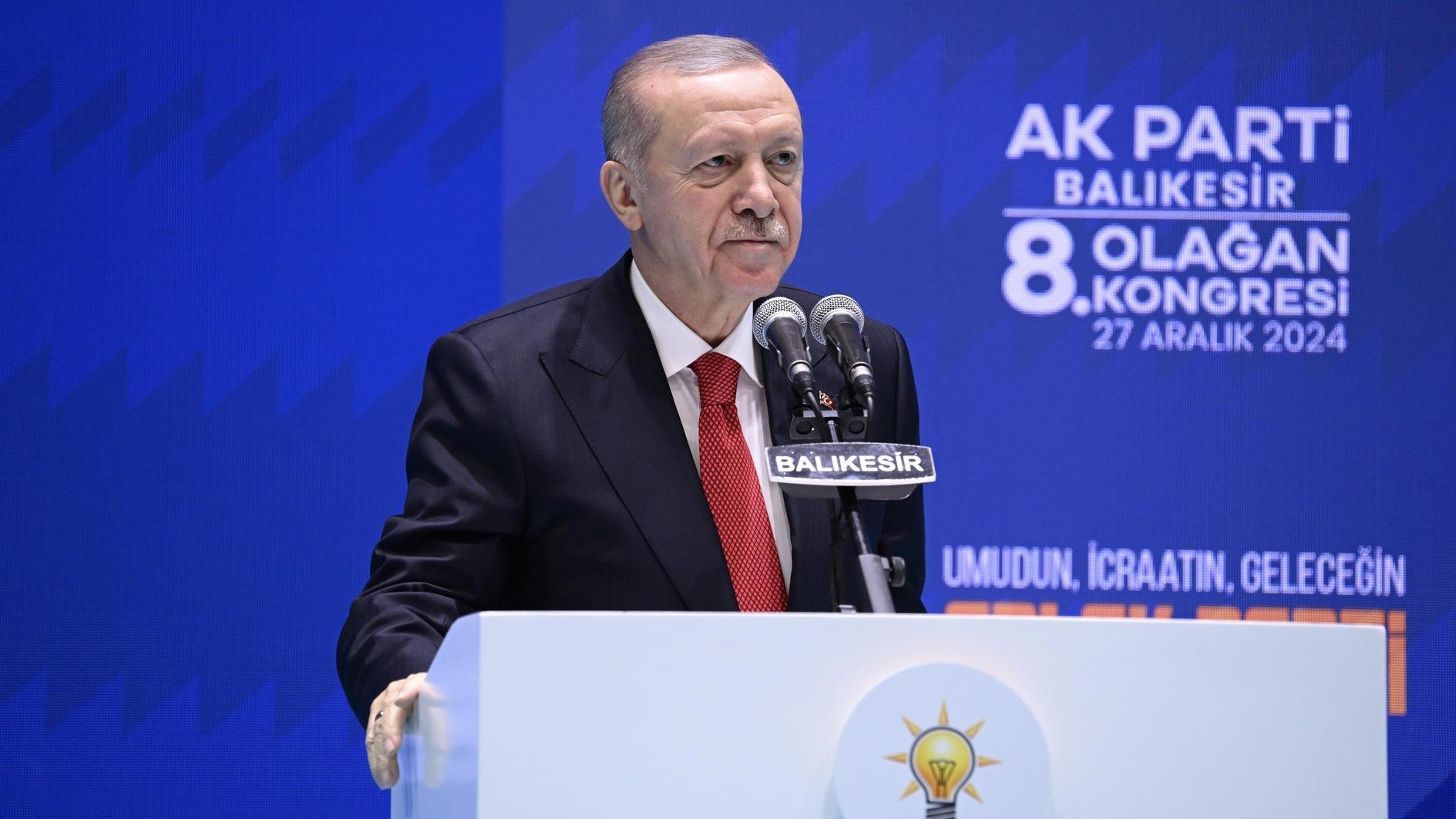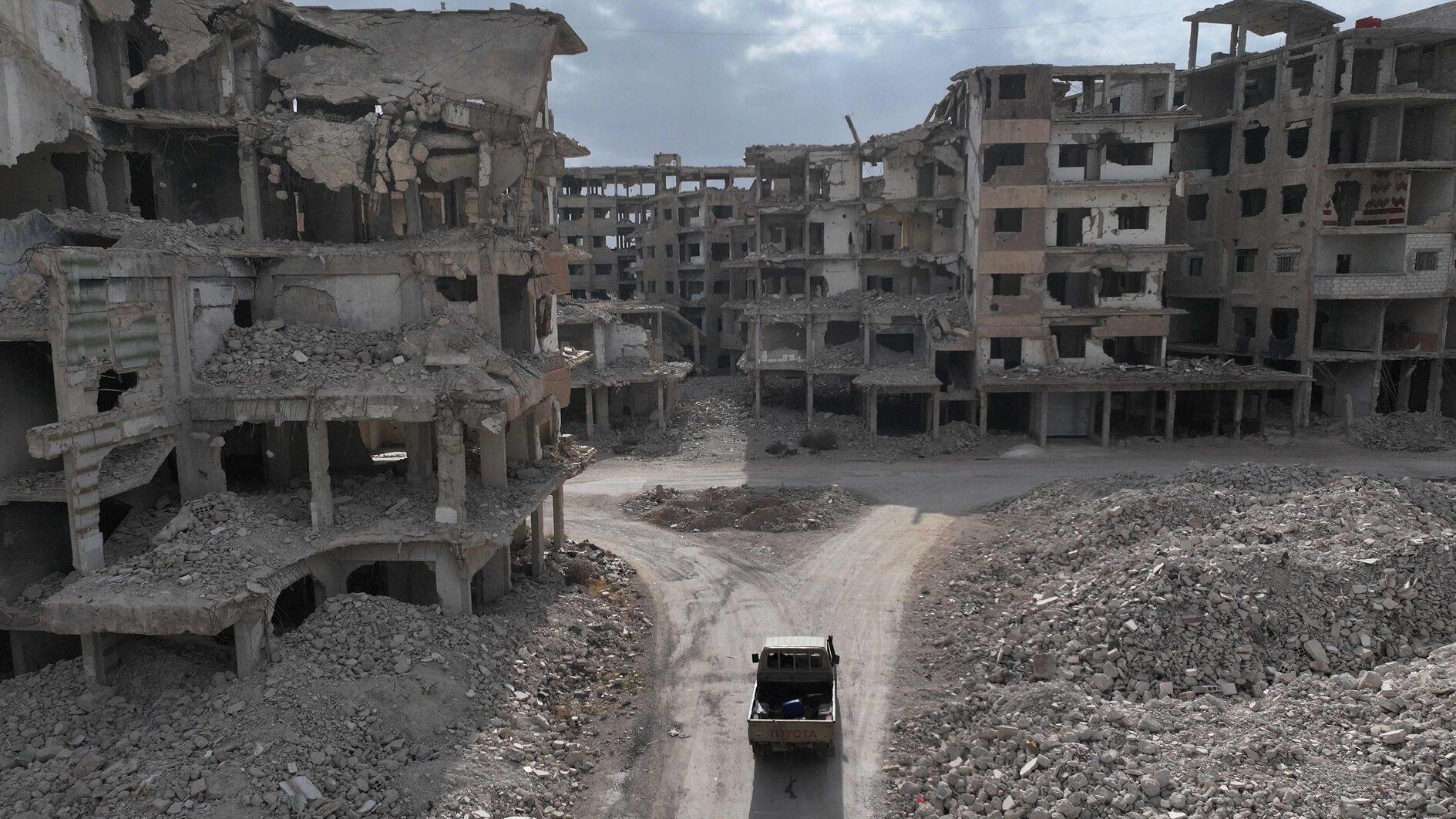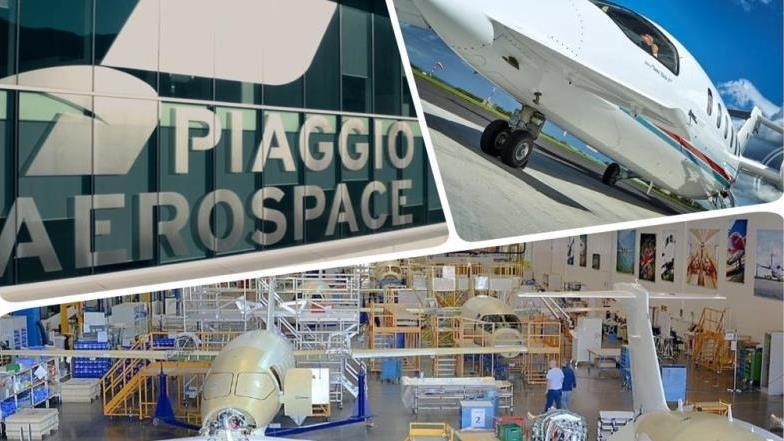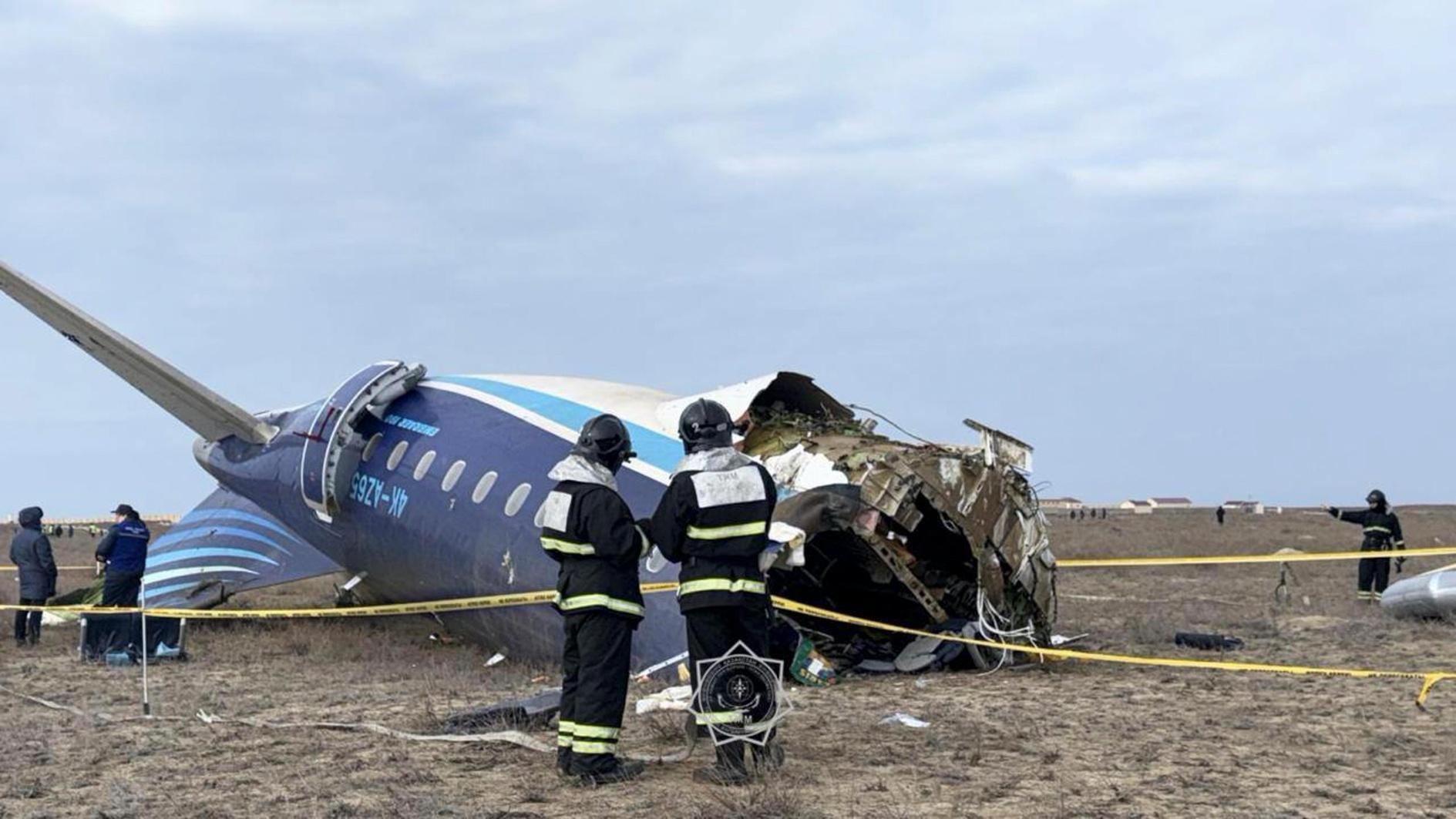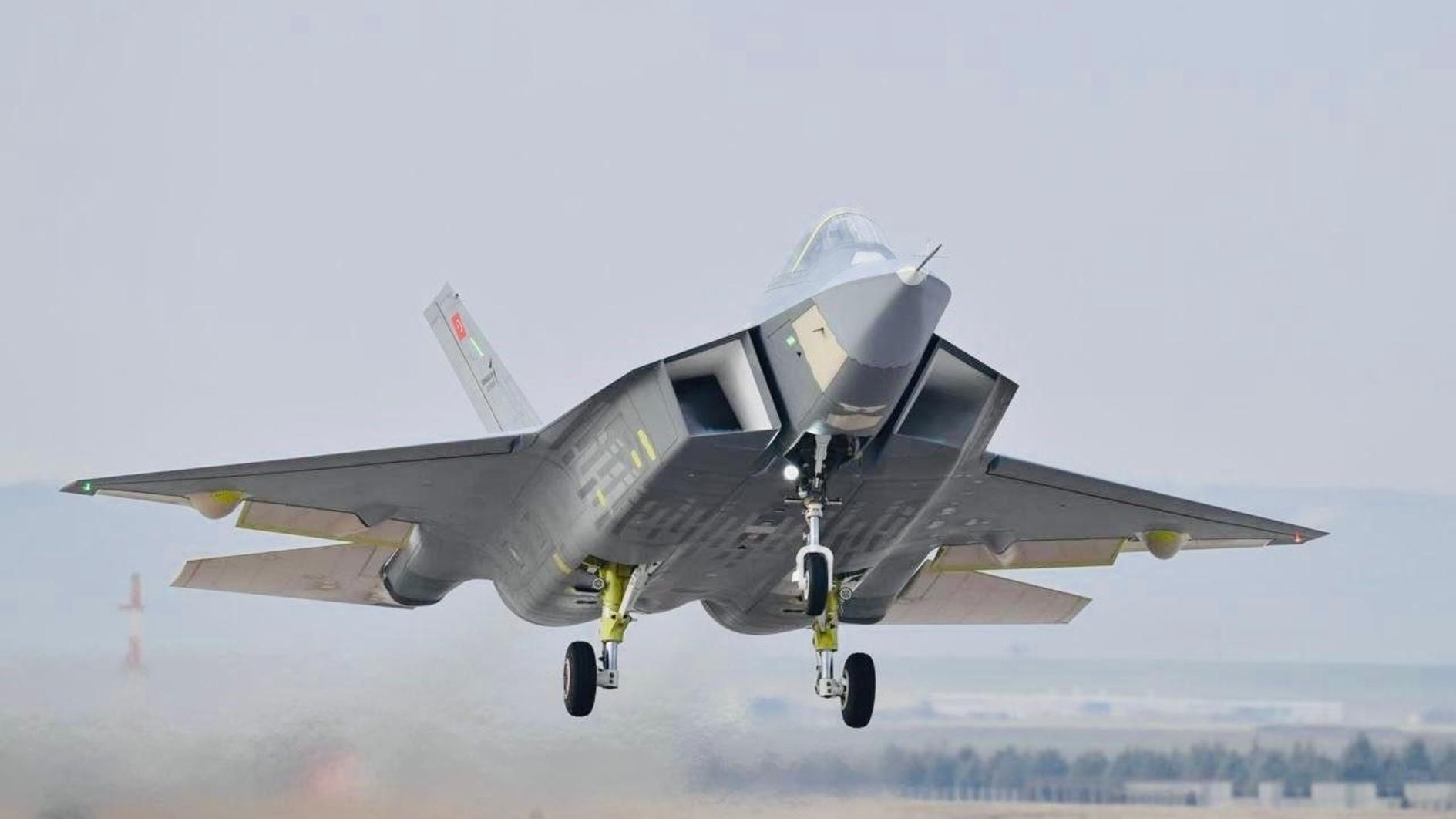NATO warns migrant routes to EU could change
ANKARA – Reuters

AA photo
The number of migrants and refugees crossing the Aegean Sea from Turkey into Europe is falling significantly but people smugglers can rapidly change routes and authorities must not reduce their security efforts prematurely, the head of NATO said on April 21, praising Turkey’s efforts to break the business model of traffickers.
Speaking in the Turkish capital in a joint news conference with Turkish Foreign Minister Mevlut Çavuşoğlu in Ankara, NATO Secretary General Jens Stoltenberg said the migrant crisis showed the urgent need for a peaceful solution in Syria and said a fragile ceasefire there remained the best way forward.
Turkey and the EU last month sealed an accord which aims to end the chaotic arrival of migrants and refugees, most fleeing war and poverty in the Middle East, Africa and Asia, after more than a million reached Europe last year.
NATO's naval back-up in the Aegean Sea, a major route for migrants crossing from Turkey to the Greek islands, has helped to stop people smugglers and reduced the flows.
"Based on information NATO has provided, Turkey is taking action to break the business model of human traffickers. And figures from different international organizations confirm that numbers of migrants and refugees crossing the Aegean Sea is now going significantly down," Stoltenberg said.
"It confirms that our collective efforts are making a difference. We need to remain flexible because the people smugglers can shift their routes very rapidly," he said.
New arrivals on the Greek islands from Turkey have dropped since the EU-Turkey deal came into effect in early April. Under the accord, migrants and refugees who cross the Aegean illegally are sent back to Turkey.
But Stoltenberg warned migrants were still trying to cross and that the numbers could surge again if NATO and its partners were to wind down their efforts too early.
He also said that a ceasefire in Syria, which is in danger of collapse, was the best option and criticized Russia's continued military support for President Bashar al-Assad.
Intense fighting has left the partial truce in tatters and has brought peace talks, taking place under U.N. auspices in Geneva, to virtual collapse.
"Despite the announced partial withdrawal, we see that Russia maintains a considerable military presence in support of the Assad regime in Syria," Stoltenberg said.
"The Syrian ceasefire is under strain. But it remains the best basis for a negotiated peaceful solution to the crisis."


